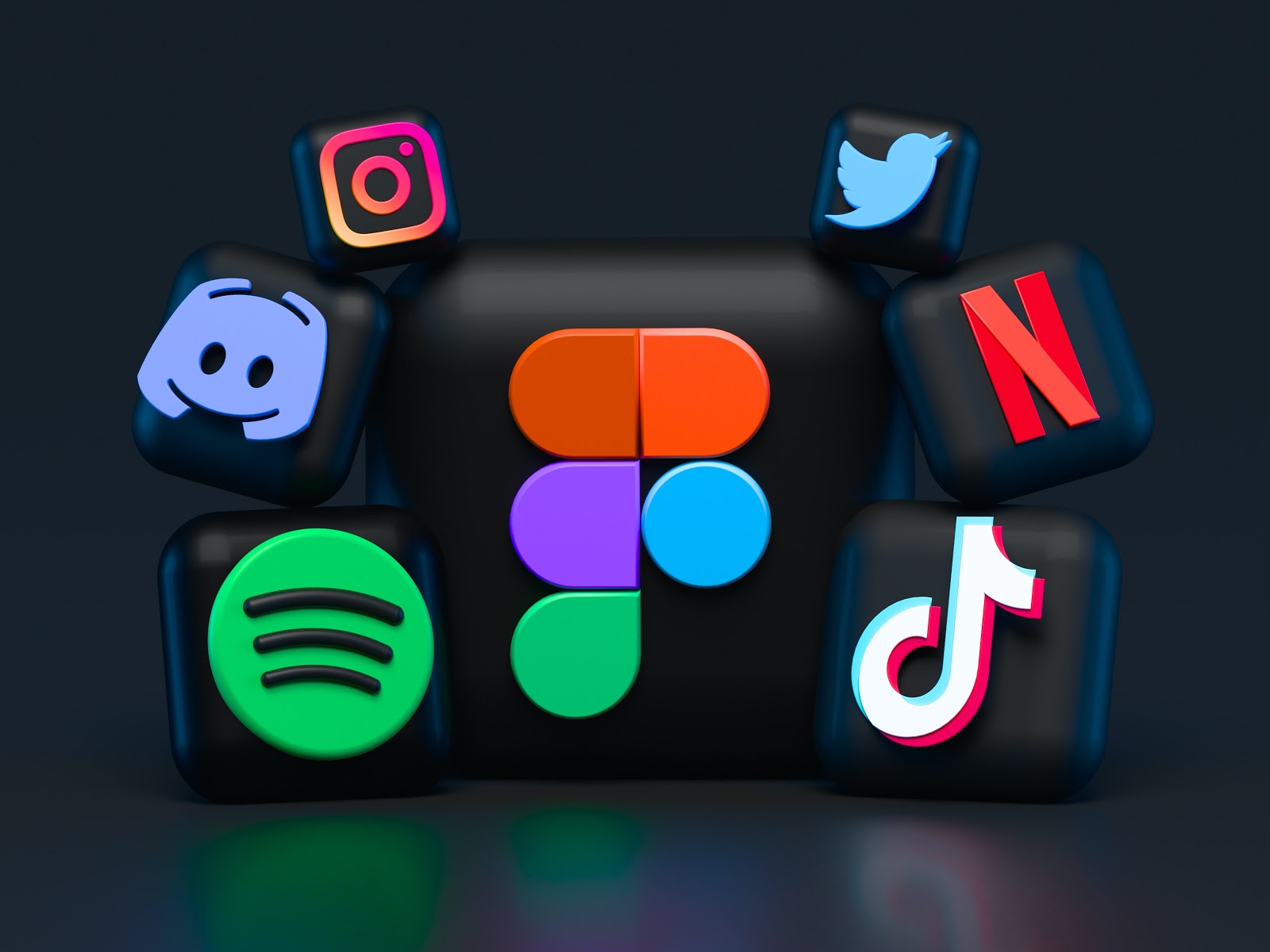
Jof Walters
Thursday 25 February 2021

Planning an app for your startup? Discover key considerations—do you need one, how to build it affordably, and how to ensure it succeeds.
Posted in:
Startups
With the amount of apps out there in today’s market, it seems like a no-brainer for you to build one for your own startup.And perhaps it is… but there are certainly a few important considerations surrounding the idea. The market is incredibly competitive with all of this saturation, so if you’re going to do it, you need to do it right.Long before you build your app - even before you build an MVP for your startup, here are some questions to ask yourself.Does your startup really need an app?As tempting as it is to develop an app for your startup, you might not really need one.There are a few cases where it’s safe to say an app will be beneficial for your startup. These cases include: Having a loyal consumer base that you know will use the app on a regular basisRequiring location-based information from your consumersNeeding to keep in touch with your consumers via mobile, but not wanting to utilise SMS marketingIf you can’t identify with any of these three cases, you might consider simply creating a mobile-first website to save on the costs associated with app development for startups.If you do identify with one (or more) of these cases, consider what you are trying to accomplish with your app. Are you attempting to enhance your brand recognition and build brand loyalty? Would you like to reach consumers through push notifications as a direct marketing effort? Perhaps you want enhanced communication between your users and company. There are plenty of benefits to creating an app, but narrowing down which of these benefits you are seeking will help you to determine the features of your app.How will you develop your app?App development for startups is not a cheap or quick endeavour. Traditional development costs can range anywhere from $30,000 to $170,000 on average and take roughly three to six months. Considering the app store will claim 30% of your profits and the $99 annual fee to keep your app available for downloads, it could take a while to just break even. Oh, and that’s not even considering the upkeep and maintenance costs for keeping your app up-to-date and bug-free.We suggest you consider the no-code route. No-code app development for startups is significantly cheaper than traditional development and will allow you to launch your app much faster. There are plenty of no-code tools at your disposal and countless resources for learning no-code, including MLabs’ No-Code Bootcamp. Devote the time you’ll save using no-code towards app store optimisation and registering your app with your app store of choice.What are your competitors doing?If you’ve determined an app is a fitting idea for your startup, your competitors likely have as well. Take the opportunity to analyse their apps. What features are they using that resonate well with consumers? What are the main complaints about their app? This might sound like the market research you conducted when validating your business idea - and it is very similar. App store reviews will be an invaluable resource to you; it actually works to your benefit to have competitors with apps that are already live.How will you monetise your app?Even if you utilise no-code development, there will be costs associated with keeping your app live. The best way to offset these costs is to monetise your app. You have a few options here:Paid app: This means your customers will purchase your app from the app store when they want to download it. This model is best for startups who already have brand-loyal customers willing to pay upfront.Paymium: Similar to a paid app, users will pay to download the app. However, they will also be able to pay more for upgrades within the app, such as added features in a gaming app.Freemium: These apps are free to download, but users will have the option to pay for enhancements in the app. This is most common for features such as removing ads from an app.Just keep in mind that no matter the route you take, the app store will claim 30% of the revenue you make from your monetisation efforts.When will you launch your app?The timing of your app launch is crucial. For example, if you’re selling products for a day at the beach, your app likely won’t have a very successful launch in November. This decision can be narrowed down by considering who your target audience is and when they will be using what you are offering. Once you determine your launch date, you can begin to plan your marketing campaign for your launch.Developing an app for your startup could either be an incredible asset or a financial error if not executed correctly. The MLabs suggestion is that no-code is always your best bet, especially when first developing and launching your app. By saving on the time and costs associated with app development for startups, you are significantly decreasing your risks. If you’re going to fail, it’s better to fail quickly with minimal investment. If you’re going to succeed, why not break-even faster and begin earning a profit?If you’re hesitant about learning no-code and building an MVP for your startup on your own, we can assist. Our No-Code Bootcamp is designed for beginners and non-technical founders just like you. We’ll have you graduating from the program as a no-code pro with bragging rights to a launched app in just eight weeks. Grab your spot today.
Ready to launch your startup idea with an MVP?
Download our step by step guide for non-technical founders to create a startup Minimum Viable Product (MVP)
Get the eBook

